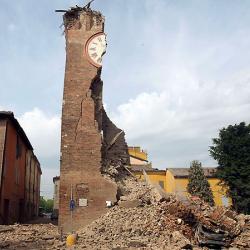For several years I have been an attentive reader of everything Clay Shirky I think he is a deep, original thinker, and I have learned much from him. His latest post is, as always, clear and bold. But, for the first time, it did not take me by surprise.
Shirky – an academic by profession – takes on for the first time the disruption the Internet is bringing to higher eduation: he starts from the launch of Udacity and Coursera (“the education equivalent of Napster”) to explain how what he calls MOOCs (Massive Open Online Courses) are changing the landscape of academia, though the full blow has not connected yet.
Not much to say. I agree with everything: yes, courses work quite well or really well (here is my test drive of the Khan Academy). Yes, they scale well. No, they don’t threaten top universities, but they might wipe the floor with smalltown colleges (here my experience with Coursera). A year ago, I even had likened education to the music industry. Shirky writes better, and with more clarity, as usual: beyond that, the main difference is that I see this change from the perspective of the student. He, on the other hand, is an education professional, and has a forecast to offer on how academia will react to the disruption. Here it is:
the risk is that we’ll be the last to know that the world has changed, because we can’t imagine—really cannot imagine—that story we tell ourselves about ourselves could start to fail. Even when it’s true. Especially when it’s true.
